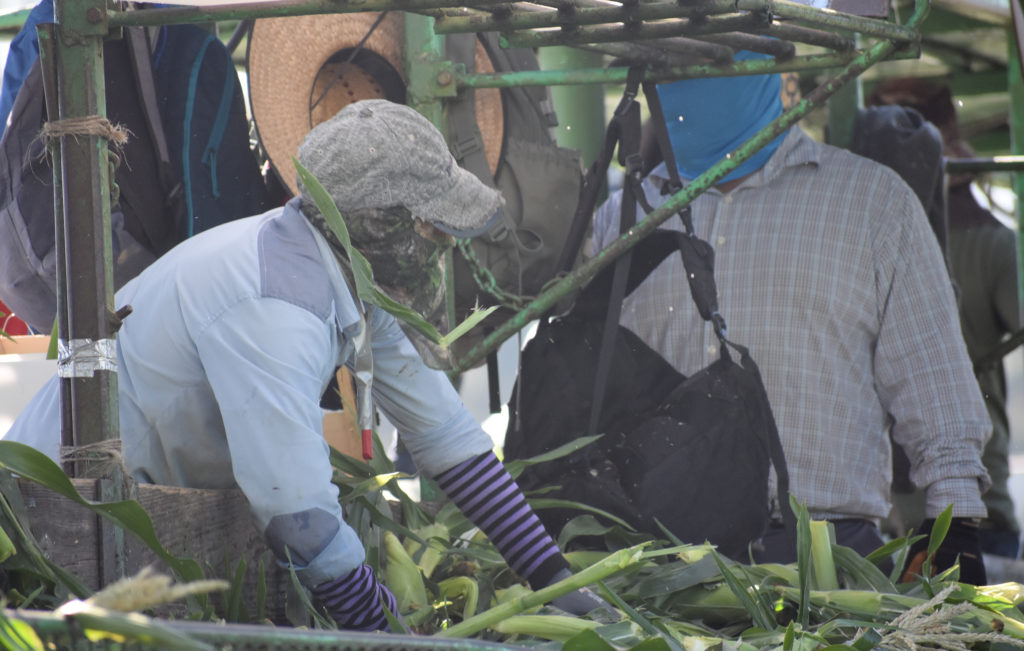
By Clint Thompson
The H-2A program remains a hot topic for Georgia’s specialty crop producers. It certainly was a focus of the Georgia Ag Labor Relations Forum hosted by the Georgia Fruit and Vegetable Growers Association (GFVGA) earlier this month.
Chris Butts, executive vice president of the GFVGA, discussed the meeting which was held on Nov. 9-10 in Tifton, Georgia.

“H-2A does dominate the conversation. The overwhelming majority of folks that were there utilize H-2A. With the new rules and regulations that came out, it dominated most of the conversation. We did talk about other things like heat regulations. It was more than H-2A, but there was a lot of H-2A talk,” Butts said.
“The one (H-2A topic) that we’re focused on the most was the one that wasn’t there and that was the new methodology for determining the Adverse Wage Rate. We’re expecting that later in the year. That’s what can produce the most uncertainty for our guys is not knowing what they’re going to have to budget for payroll next year. That’s the tough one.”
Burdensome Program
What can be agreed upon is how burdensome the program’s paperwork and guidelines can be. Growers often utilize outside help to ensure they are abiding by the regulations in place.
“What we find is most of our growers are not forced, but it’s in their best interest to use attorneys or companies like AgWorks or other labor providers. There is just so much paperwork and red tape associated with the program. Most growers don’t have the time or the expertise to navigate that themselves without some outside help,” Butts said.
“It’s not an area where you even want to make a slight, honest mistake. That could jeopardize the timeliness of the arrival of your crew. It’s really very important that you’re crossing every ‘T’ and dotting every ‘I’. For the most part, it’s so complicated you’ve got to have help doing that.”
The H-2A program allows U.S. employers or U.S. agents who meet specific regulatory requirements to bring foreign nationals to the United States to fill temporary agricultural jobs.









